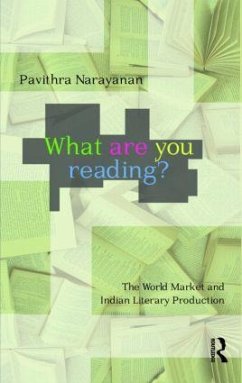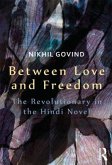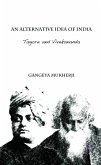This book offers a material critique on various aspects of Indian literary production and its reception by its audiences. Taking a historical and contemporary lineage into account, the author variously discusses the social, political, and economic factors that impact upon and determine choices in the publishing world. Examining the constructions of the archive of postcolonial works by Indian writers in relation to nationalist histories, language wars, and the relationship between economic policies and literature, the book forcefully argues that why we read what we read is more than coincidental. Placing the rights of minoritized and disadvantaged communities at the heart of the analysis of India's decolonization and industrial projects, the book attempts to address not just inequalities in the publishing world, but also social inequities engendered by global capitalism. Offering a critique of academics who act as cultural gatekeepers of intellectual production, the book finally underscores the disconnect between the academic theory and practice of scholars of postcolonial studies who argue against inequality and marginalization while simultaneously supporting hegemonic academic practices. This book will be of interest to scholars of development studies, cultural studies, literature, postcolonial studies, economics, and those studying globalization, as well as the interested lay reader.
This volume revisits formulations of 'postcolonial' by examining constructions of the archive of postcolonial works by Indian writers in relation to nationalist histories, politics of language formation, and rise of transnational publishing. It explores the inextricable relationship between global capitalism and contemporary Indian literary production.
Hinweis: Dieser Artikel kann nur an eine deutsche Lieferadresse ausgeliefert werden.
This volume revisits formulations of 'postcolonial' by examining constructions of the archive of postcolonial works by Indian writers in relation to nationalist histories, politics of language formation, and rise of transnational publishing. It explores the inextricable relationship between global capitalism and contemporary Indian literary production.
Hinweis: Dieser Artikel kann nur an eine deutsche Lieferadresse ausgeliefert werden.








